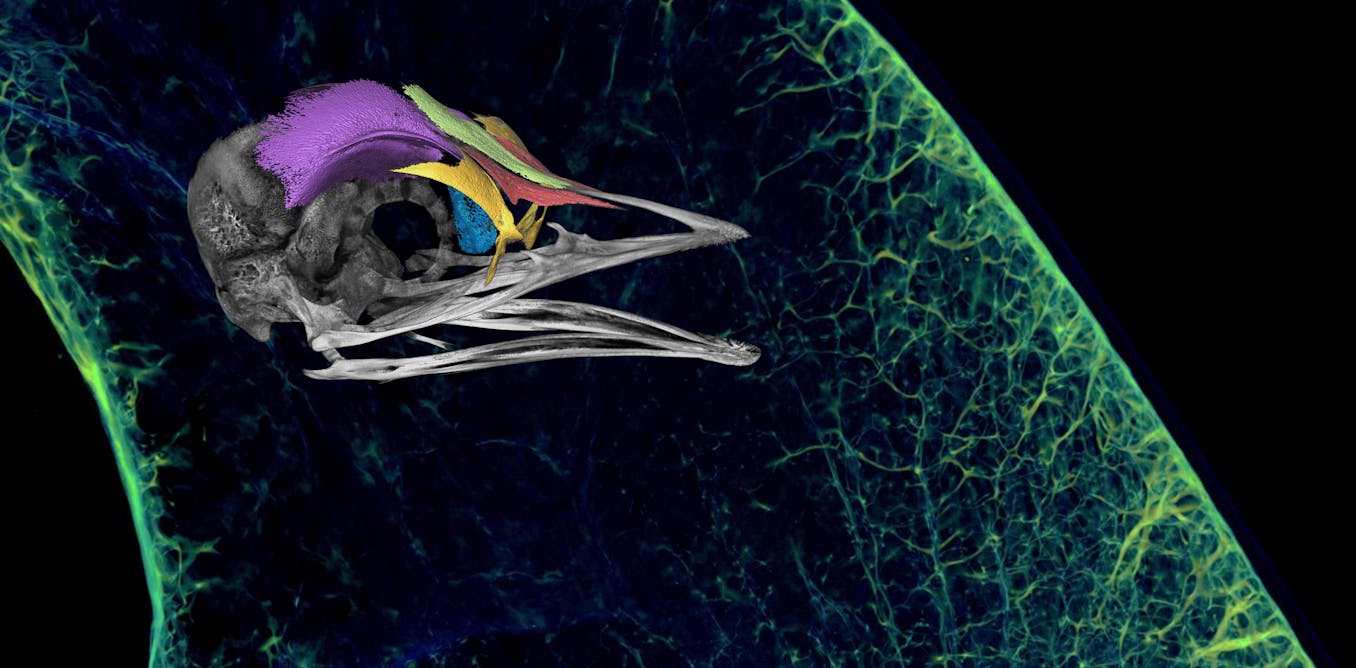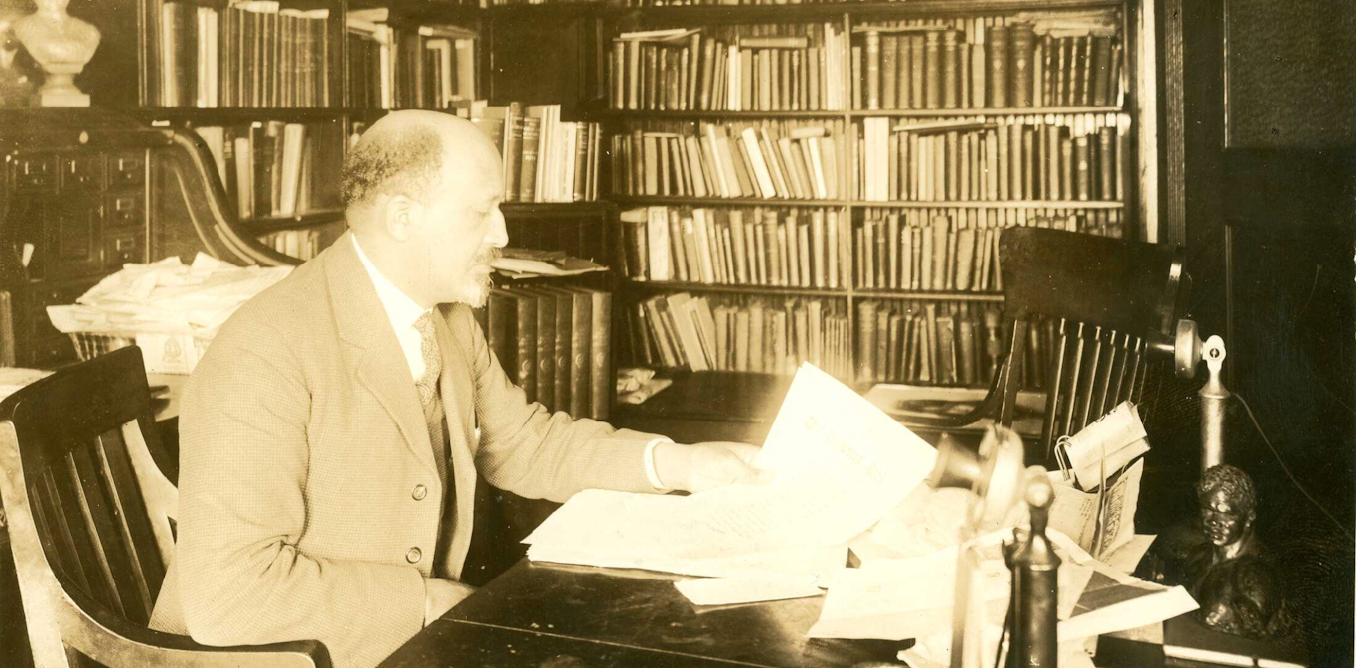Colonialism has shaped scientific plant collections around the world – here's why that matters
The colonial era profoundly shaped natural history museums and collections. Herbaria, which are scientists’ main source of plant specimens from around the world, are no exception.
June 12, 2023 • ~9 min








